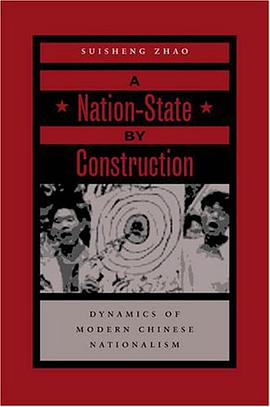
Dynamics of Modern Chinese Nationalism
Suisheng Zhao
简介
This is the first historically comprehensive, up-to-date analysis of the causes, content, and consequences of nationalism in China, an ancient empire that has struggled to construct a nation-state and find its place in the modern world. It shows how Chinese political elites have competed to promote different types of nationalism linked to their political values and interests and imposed them on the nation while trying to repress other types of nationalism. In particular, the book reveals how leaders of the PRC have adopted a pragmatic strategy to use nationalism while struggling to prevent it from turning into a menace rather than a prop.
contents
Tables and Figure
Acknowledgments
Note on Romanization
Introduction
1. The Rise of Chinese Nationalism: Causes, Content, and International Ramifications
2. The Origins of Chinese Nationalism: Western Challenge, Chinese Tradition, Ethnicity, and the State
3. Building a Chinese Nation-State: Elite Nationalism versus Mass Nationalism
4. The Challenge of Chinese Liberal Nationalism: Personal versus National Rights
5. The Challenge of Ethnic Nationalism: Self-determination versus the Unitary Chinese Nation-State
6. The Rise of State-Led Pragmatic Nationalism: An Instrumental Response to the Decline of Communism in China
7. The International Orientations of Chinese Nationalism: Inward-Directed Sentiments or Outward-Directed Emotions
Notes
Bibliography
Sources in Chinese
Sources in English
Index